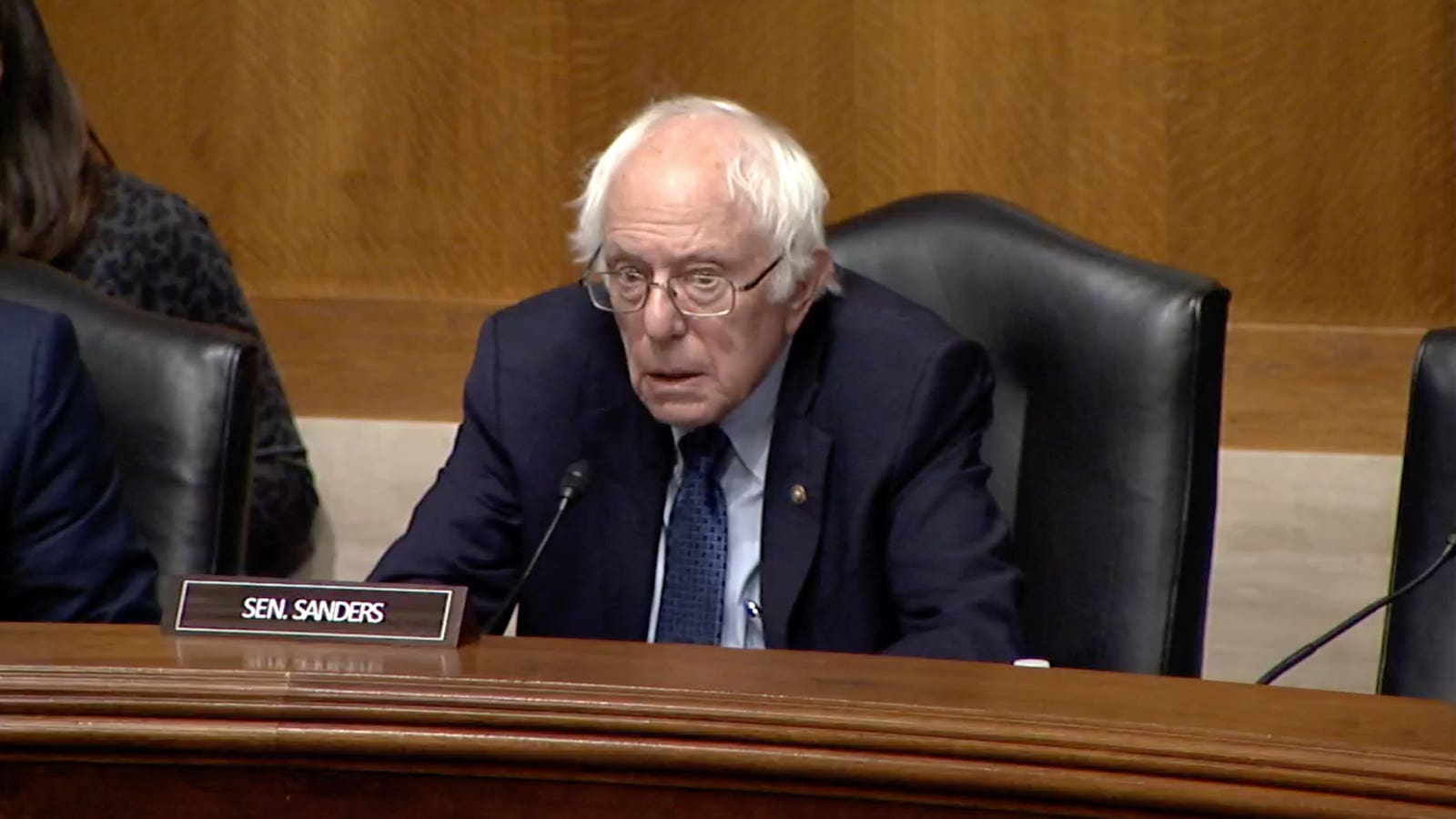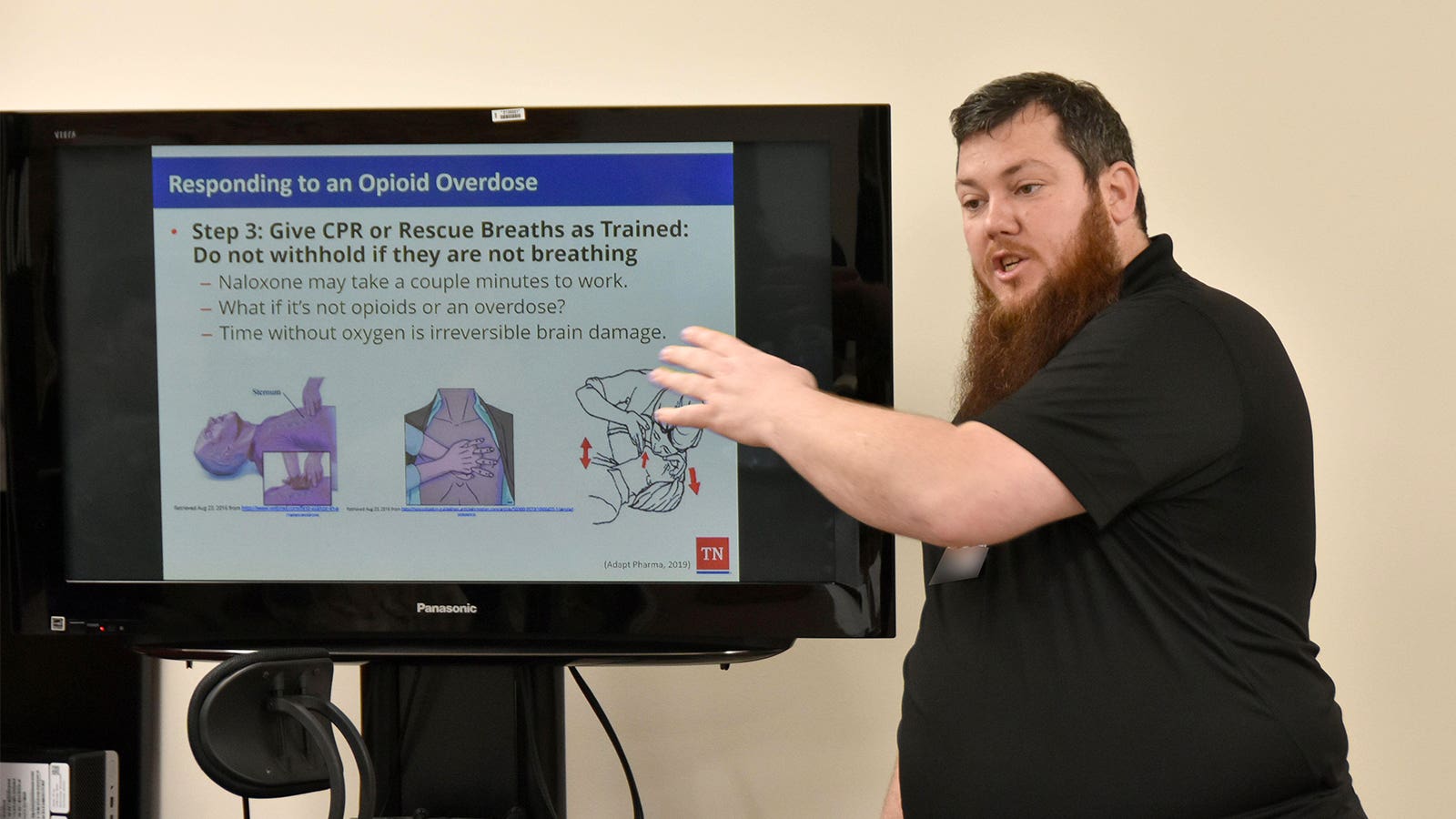The Senate Well being, Schooling, Labor and Pensions Committee voted 17-3 with comparatively little fanfare on Thursday to ship pandemic preparedness laws to the total Senate for a vote.
“I do not assume any of us will ever overlook that we have now misplaced over 1,000,000 Individuals to COVID-19,” Senator Bernie Sanders, chairman of the help committee, mentioned at the beginning of the committee listening to. “Whereas all of our public well being staff have labored tirelessly and achieved the whole lot they will to guard the American individuals, it will be a stretch to say that we had been tragically unprepared to reply to that disaster,” he added.
“Months into the pandemic, docs and nurses lack the masks, gloves, robes, and gear they should defend themselves and their sufferers,” Sanders mentioned. “We did not have the infrastructure we wanted to take care of the pandemic… The nation’s high specialists are telling us that, sadly, there’s a very actual risk of one other pandemic – maybe as lethal as Covid, maybe worse -.” “Within the close to future. And clearly it is our duty to ensure we’re higher ready subsequent time than we had been final time. That is the crux of this laws.”
Sanders was discussing reauthorizing the Epidemic Preparedness and All-Hazards Response Act (PAHPA), which is ready to run out on Sept. 30.
“We have seen throughout the COVID-19 disaster that the PAHPA framework is way from good,” mentioned Senator Invoice Cassidy, the committee’s Republican member. For instance, “authorities paperwork generally enabled — however generally hindered — the power of the non-public sector to quickly launch exams early within the pandemic, and paperwork bought in the best way of clear communication between federal officers and most of the people.”
“Though errors had been made throughout COVID-19, we discovered some exhausting classes,” he added. “And this laws is there to guarantee that future generations do not need to be taught so shortly within the occasion of one other disaster.”
Sen. Rand Paul, R-Kentucky, launched an modification that might block federal funding for “gain-of-function” analysis, by which scientists create copies of viruses that could be the idea for the subsequent pandemic, in an effort to discover vaccines or remedies for them early on.
“The hazard is as follows: if you combine and match these viruses, there’s a probability that you’ll provide you with a mixture that’s so contagious or so harmful that you find yourself with a virus that’s 10% to twenty% lethal and damaging to humanity.” Paul mentioned. Though the Biden administration has mentioned it is not going to fund any analysis on the Wuhan Institute of Virology — positioned within the Chinese language metropolis on the epicenter of the COVID-19 pandemic — they “did not say they would not fund the features,” Paul mentioned. “.
Paul’s modification was rejected by the committee.
Sen. Roger Marshall, R-Okay., argued for an modification that might have supplied medical legal responsibility protections for well being care professionals, together with those that cross state strains to supply voluntary care in response to state disasters. “It is irritating for me to have the ability to go to Haiti or go to Central America or Africa and be a great Samaritan and use my expertise as a health care provider, however when a hurricane hits the US, I can not use the identical medical expertise as a result of I fear about being sued,” Marshall mentioned. “This provision removes an vital barrier to permitting us to do that volunteer work.”
Marshall famous that he needed to withdraw his modification “as a result of we will not come to a bipartisan settlement. I can not let you know how deeply upset the teams of docs who approached me had been, particularly the neurosurgeons, my orthopedic associates, and the overall urologists who All of them like to do volunteer work throughout state strains when catastrophe strikes.Sanders mentioned the Marshall Modification “raises an vital concern and I need to work with you and I feel we will resolve it, however not immediately.”
Paul and Marshall’s fellow Republican, Senator Ted Budd (North Carolina), had higher luck making an modification to enhance administration of the Strategic Nationwide Stockpile. He defined, “My modification will get rid of gaps within the administration of the strategic nationwide stockpile by creating a course of for assessing dangers, setting priorities, and measuring progress in managing the stockpile.” “The modification additionally creates a regular working process for the company to comply with in managing stock purchases, whereas lowering pointless reporting necessities.”
The modification, endorsed by Sanders and co-sponsored by Sen. Maggie Hasan (D-H.), handed by voice vote.
Sen. John Hickenlooper (D-Col.) has proposed an modification that might create a brand new program on the Meals and Drug Administration to evaluation medical countermeasures for rising pathogens. “This new crew will permit the FDA to allocate the mandatory workforce to have the ability to assess and articulate what we will solely hope would be the many countermeasures that they may encounter throughout a pandemic,” Hickenlooper mentioned. “Getting these countermeasures out to the general public shortly in a time of disaster can save lives.” He famous that the FDA is “wanting to authorize this crew; they requested this particular authority earlier this yr.”
Cassidy opposed the modification. “The FDA already has an Workplace of Terrorism and Rising Threats engaged on points associated to countermeasures, so I am undecided we have to create a brand new program,” he mentioned.
The modification ended by a vote of 12 to eight.
Sen. Markwayne Mullen (R-Okay.) moved to deliver the whole measure to a vote; The movement was shortly voted down with out dialogue. mentioned Mullen, who voted “current” to move the invoice MedPage immediately in an electronic mail stating that the committee didn’t have time to evaluation the adjustments to the invoice and didn’t obtain a well timed price estimate from the Congressional Price range Workplace.
The HELP committee’s vote adopted the same vote by the Home Power and Commerce Committee on Wednesday to ship its model of PAHPA to the Home ground. And in contrast to the Senate model, the Home model doesn’t comprise any provisions to fight drug shortages. as pointed out Endpoint News. The 2 payments must be reconciled into one last invoice to be handed by each the Home and Senate.


